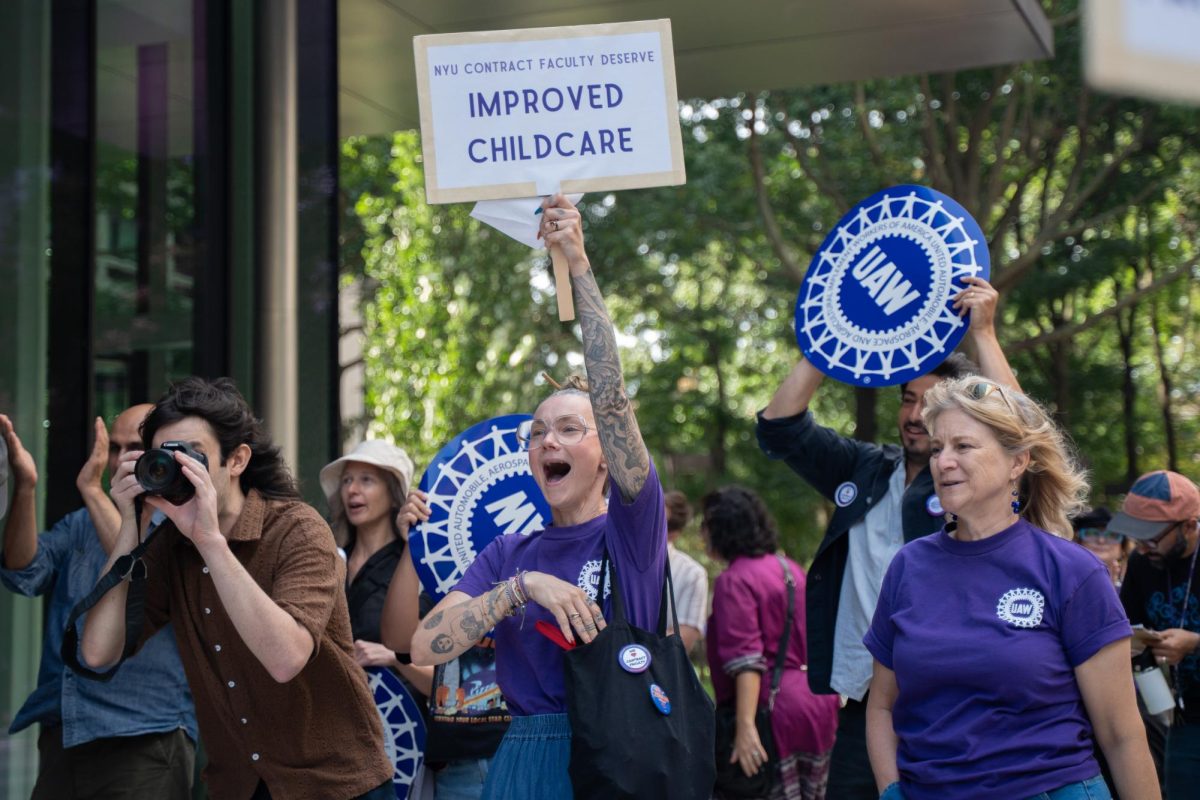Romantic comedies deserve to make a much-awaited comeback
The fun and hijinks of romantic comedies is needed now, more than ever.
It’s time for romantic comedies to make a proper comeback. (Staff Illustration by Susan Behrends Valenzuela)
February 24, 2022
For years, romantic comedies have comforted viewers, defined romance and provided a nice way to spend a Saturday night. But while the ’90s and 2000s were saturated with iconic entries into the canon, like “Pretty Woman,” “13 Going on 30” and “She’s the Man,” the last decade has failed to spur many notable ones.
Romantic comedies don’t have to be unforgettable or become cultural touchstones, though that’s always a plus. But something has to be said about how few films lived up to the genre’s predecessors in the 2010’s. “About Time” and “Crazy Rich Asians” are two that come to mind, but overall, the last ten years have been lacking.
The growth of big-budget films and obsessing over box office numbers are partially to blame. Author Scott Meslow pointed out how “romantic comedies largely disappeared at the studios for the same reason most mid-budget movies started to disappear: Hollywood favored … massive blockbusters or traditional awards fare, with very little happening between those two poles.”
This is disappointing considering how enjoyable the genre is. Romantic comedies inspire laughter, tears and an escape from reality. They allow audiences to indulge in romantic situations that aren’t likely to happen in real life and poke fun at the ridiculousness of it all. For others, these movies are a reminder that love really is out there, inspiring hope and joy.
Furthermore, what franchise movies lack, romantic comedies deliver. Unlike Marvel and Star Wars films, rom-coms rarely require having prior knowledge of the characters. Watching 10 other movies isn’t necessary to understand the new one. They also don’t rely on the recent trend of shock value. Audiences share an understanding with the movie even before it begins. They’re aware the protagonist won’t die and the film won’t have an unhappy ending. The main couple always ends up together, allowing viewers to watch without fear and leave feeling satisfied.
Romantic comedies are also rooted in reality, even if some elements are a bit far-fetched. The protagonists usually live ordinary lives even if the romance plot itself is unrealistic. The appeal of projecting yourself onto a character and imagining that your life, too, could transform into a fairytale is undeniable. Romantic comedies tie up everything you need to know in a pretty one-and-a-half-hour bow, and sometimes that’s all you want.
There’s also the desire to enjoy them in a certain ambience. With the advent of streaming, companies like Netflix have produced a number of romantic comedies that are limited to being watched at home. While you can always make a movie night out of it with friends or family, it just isn’t the same as eating overpriced popcorn surrounded by darkness and away from the outside world (except for the people around you who decided to spend their day the same way). Still, the success of movies on these platforms — “To All the Boys I’ve Loved Before” being a prime example — proves that there continues to be an audience for this genre.
However, if romantic comedies are going to return to the silver screen, there needs to be changes. Typically, these movies follow rigid standards, which includes straight, white protagonists. Viewers aren’t tired of the formula rom-coms fulfill; they’re tired of who the formula excludes.
“Marry Me,” the latest film starring Jennifer Lopez, demonstrates that this doesn’t have to be the case. Many have said it may signal the long-anticipated return of the romantic comedy, and one can only hope. The movie follows Kat Valdez (Jennifer Lopez), a singer who decides to marry a stranger (Owen Wilson) who holds up a “Marry Me” sign at one of her concerts after her partner and fellow musician Bastian (Maluma) cheated on her. The plot is extravagant, the soundtrack is delightful, and there is an abundance of love and warmth. It also offers representation few films of this genre have ever accomplished. Valdez and Bastian speak in Spanish throughout the film and make references to their culture, a comfort for those of the same background.
“Marry Me” also offers a refreshing contrast to the teenagers and millennials that have been at the center of rom-coms for the last decade. Both main characters are in their early 50s and have been divorced; Owen Wilson’s character, Charlie Gilbert, even has a young daughter (Chloe Coleman). Despite deviating from what has become the norm in this genre, the movie is goofy and heartwarming, proving that romantic comedies can exist in a number of ways and still be entertaining. The overwhelmingly positive reaction from audiences for “Marry Me” confirms it’s never too late to begin the resurgence of this beloved genre. With appropriate changes, romantic comedies have the potential to sweep people off their feet again and return love and laughter to the screen.
Contact Sunny Sequeira at [email protected].






























































































































































